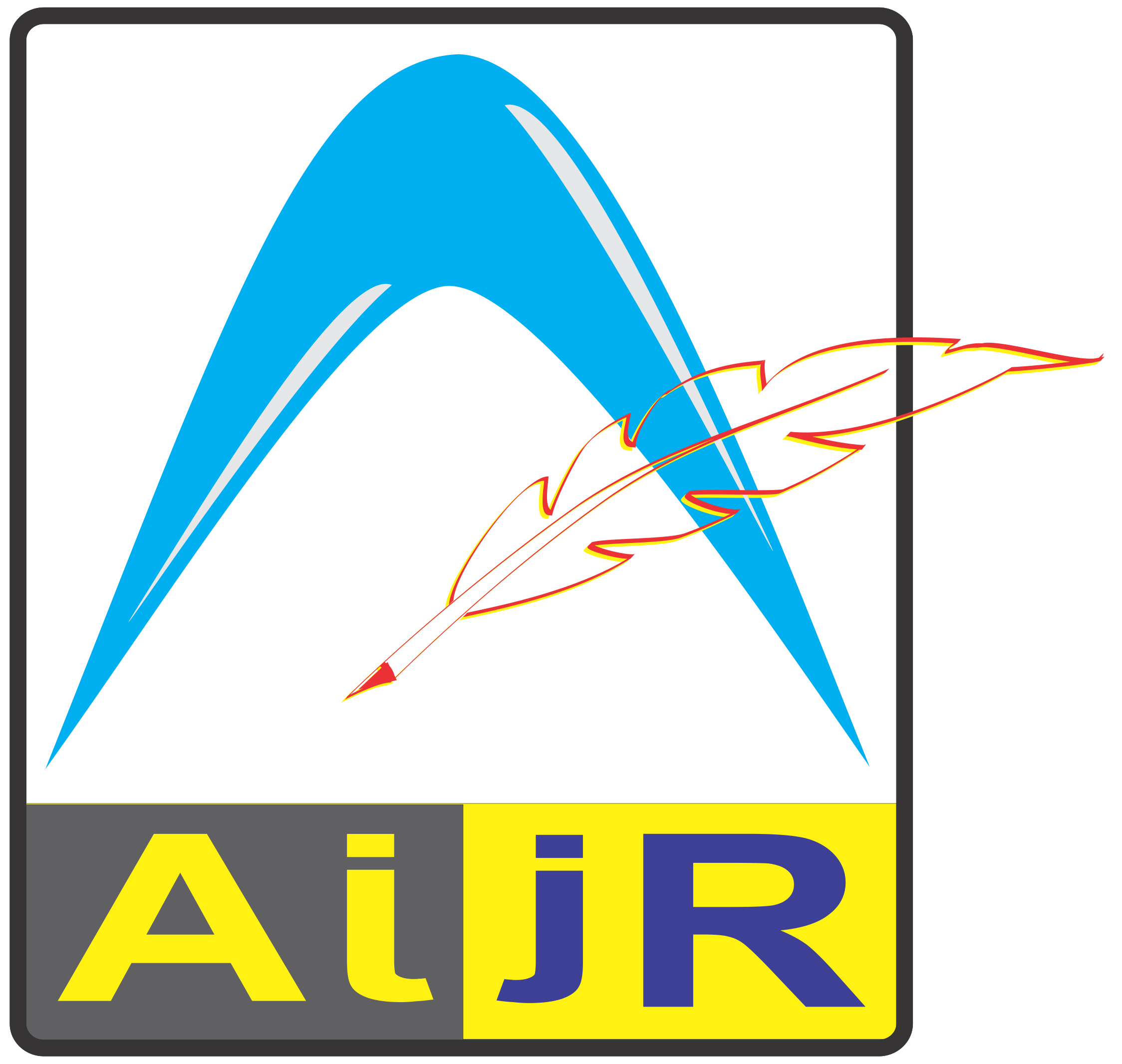Need for Greek Labeling of Coronavirus Variants
Besides the established scientific nomenclature system of SARS-CoV-2 variants many media outlets, peoples on social media, as well as some scientists described the same virus by prefixing geographical location variant (where the variant first observed). For example, Kent or UK variant, South African Variant, Indian Variant, etc.
Recently, many researchers have also settled on a single lineage-naming system that describes the evolutionary relationships between variants. It is generally believed that the people started labeling the variants with geographical location as the existing scientific names of the variants seem challenging to pronounce & remember by the general audience and media reporters. Countries show disagreement with the naming of variants by using geographical location as it may unfairly places blame on the people in those locations. Even though people may not have any bad intention by labeling the variant with a geographical name but the concern exists as there are many people who may have an agenda to use it for stigmatization. Although the WHO had never officially labeled the variants with geographical location but criticism by some countries show concern over stigmatization which may result in hesitation for detecting and reporting variants.
The World Health Organization (WHO) has announced a naming system for variants of the coronavirus that uses letters of the Greek alphabet. Variants of Interest (VOI) and Varients of Concern (VOC) will be given a name from the Greek alphabet to simplify the public discussion as well as to strip some of the stigmas from the emergence of new variants. Avoiding referring to coronavirus variants by geographical names could also encourage countries to detect and report variants rapidly, which is crucial for managing their spread.
Variants with geographical location can stigmatize countries and their residents, and might even discourage nations from running surveillance for new variants. As robust global surveillance is required for the variants, WHO said that this was not only to simplify discussions but also to help remove some stigma from the names.
Greek Labeling of Variants for General Discussion
In view of public discussions of coronavirus variants, The World Health Organization (WHO) on May 31, 2021, announced a new naming system particularly for the forms of the SARS-CoV-2 virus with important mutations i.e., the variants of interest (VOI) and variants of concern (VOC). Considering easy-to-pronounce and non-stigmatizing labels for VOI and VOC, WHO has recommended using labeled letters of the Greek Alphabet, i.e., Alpha, Beta, Gamma, Kappa, Delta, etc which will be easier and more practical to discuss by non-scientific audiences.
Under the new variant Greek letters labeling scheme, the variant first identified in the UK (B.1.1.7) is labelled “alpha”, the variant identified in South Africa (B.1.351) is “beta”, the variant first identified in Brazil (P.1) is “gamma”, the variant first identified in India (B.1.617.1) is “Kappa” and the variant recently detected in India is (B.1.617.2) “delta”.
Would All Coronavirus Variants be Named with Greek Letters?
According to the WHO, variants of concern include variants of the coronavirus that have been found to spread more quickly, cause more serious illness, or resist drugs or vaccines. Alpha, beta, gamma, and delta have all been designated as variants of concern to samples that were first documented in the UK, South Africa, Brazil, and India respectively.
Variants of interest are those found to cause community transmission, spread to multiple countries, or that are otherwise assessed as significant by the WHO’s SARS-CoV-2 Virus Evolution Working Group. Epsilon, Zeta, Theta, Iota, and Kappa have all been designated as variants of concern to samples that were first documented in the USA, Brazil, Philippines, USA, and India respectively.
If all 24 Greek letters get used in labeling and more than 24 variants officially identified, then a new naming scheme may be announced.
The established scientific nomenclature systems for naming and tracking genetic lineages of the coronavirus will remain in use by scientists and in scientific research as these convey important scientific information.
Source: WHO; Tracking SARS-CoV-2 variants




